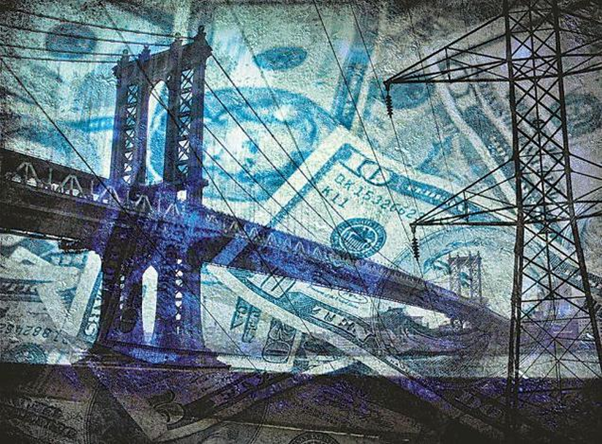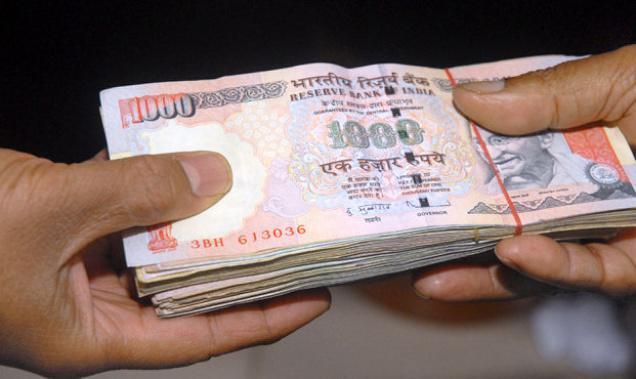Search
Everything You Need to Know About Infrastructure Debt Funds
July 31, 2017
Infrastructure Debt Funds or IDFs are investment vehicles for channelizing money into the infrastructure industry. An IDF company offers these terms.

Beginning of IDFs
Most of the infrastructure projects require long-term funding that can last for 2-3 decades. However, banks have been increasingly becoming uncomfortable with such long-term and high funding projects due to the rising Non-Performing Assets and cases of mega defaulting (the Vijay Mallya case, for instance).
As more and more banks started to back off from the investment scene, it became difficult for the infrastructure projects to get the funding. To solve the problem, the government came up with the idea of Infrastructure Debt Fund.
How does an IDF Work?
- A person can invest in an IDF company. As per the RBI regulations, the opportunity is available to Indians and foreigners both.
- The IDF company invests the pooled money into an infrastructure project.
- The company responsible for the project then pays interest to the IDF Company.
- The IDF company pays the investors the interest amount after deducting a commission.
Infrastructure Debt Funds (IDFs) can be set up in any of the two ways:
- Trust: A trust based IDF is usually a Mutual Fund (MF) and comes under SEBI.
- Company: A company based IDF is typically a Non-Banking Financial Company (NBFC) and regulated by the Reserve Bank.
To encourage more and more people into investing in IDFs, the government has made the income generated from IDFs tax-free. Moreover, foreign investors can also enjoy a lower withholding tax rate of 5% from the earlier 20%.



